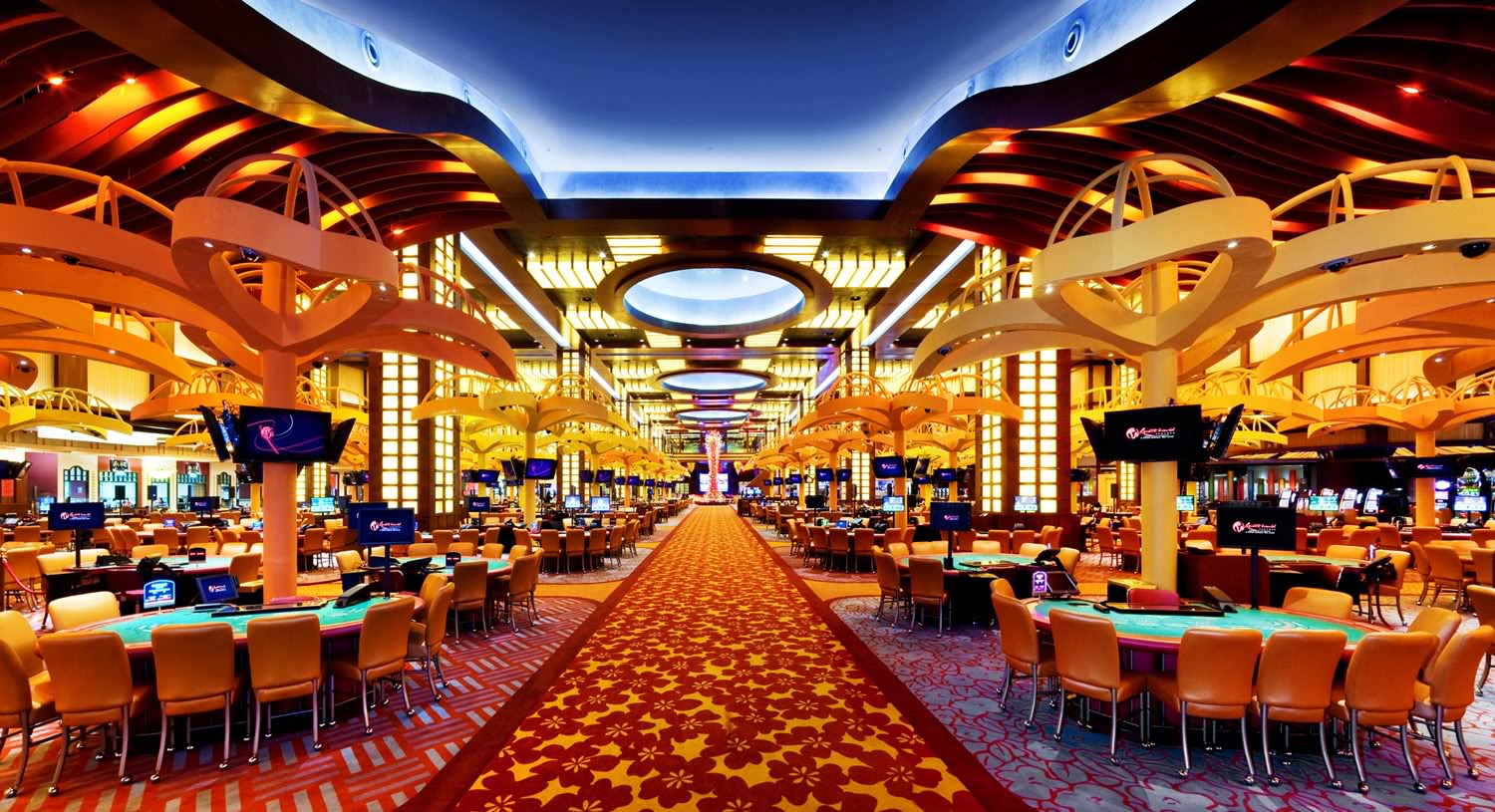
Betting has been an integral part of human entertainment for millions of years, evolving through cultures and periods to become the vibrant casino activities we know today. From the ancient Chinese and Romans, who participated in different forms of betting and chance, to the modern gaming floors of today’s casinos, the appeal of gamble and winning has fascinated individuals across the globe. The transition from simple dice games and primitive betting setups to the lavish environments of modern casinos reflects significant strides in both cultural standards and technological advancements.
As cultures evolved, so too did the complexity of gambling activities, with gambling activities emerging as a separate category of entertainment and thrills. These activities have evolved from informal gatherings centered around traditional tables to expansive, opulent establishments designed to entice players. Today, we delve into this captivating journey, studying how historical practices laid the groundwork for the varied and thrilling casino games that bring joy to countless people worldwide.
spintax
Ancient Wagering Traditions
Betting has deep roots in human history, with indications of games of chance dating back to ancient societies. Archaeologists have uncovered that as far back as 3000 BC, the ancient Chinese were using primitive forms of gambling with dice made from wood. Similarly, ancient Mesopotamians engaged in gambling activities, often relying on the tossing of lots or dice to determine results. not on GamStop These early forms of gambling served not only as recreation but also played vital roles in social and cultural practices.
The people of Egypt also participated in gambling activities, with games that included betting on the outcomes of various events, including sports and spiritual festivals. Artifacts such as dice and depictions of gamblers from ancient tombs illustrate that betting was a frequent pastime. It provided both leisure and a means of engaging in social connections, often linked to festive occasions or important gatherings. This behavior demonstrated the universal appeal of chance and competition throughout the ages.
In ancient Rome, betting became a prevalent practice among the citizens, as reflected by references in texts and the establishment of guidelines around certain activities. Romans enjoyed a variety of betting activities, from wagering on chariot races to playing games akin to modern-day board games. The legal system surrounding these activities began to take shape, establishing the foundations for betting regulations that would evolve in the centuries to come. The fame of betting during this period set the stage for the development of gambling house games in the future.
The Evolution of Gambling Games
Casino games have undergone substantial transformations from their beginnings to the modern-day entertainment options. In historical civilizations, gaming was commonly connected to ceremonial practices, with dice games found in Mesopotamia and wagering on the outcomes of events in old Rome. These early forms of gambling laid the basis for the formal games we see today. The shift from informal gambling to organized games occurred as societies began establishing rules and venues for wagering, showing cultural values and practices.
The medieval period saw the development of card games, which gained fame among European nobility. Games like the first and baccarat became mainstays in social gatherings. The invention of printing technology also aided the spread of playing cards, making them more reachable to the masses. As gambling houses began to proliferate, these card games evolved into variations that catered to wider audiences, eventually leading to the establishment of casinos as specialized venues for gaming.
The twentieth century marked a significant point in the development of casino games, with the rise of commercial casinos in Vegas and other betting centers. This era brought forth games like slot machines and modern variations of table games, complete with sophisticated graphics and complex betting structures. The arrival of online casinos in the tail end of the 1990s also revolutionized the gaming industry, allowing players to access a vast array of casino games from the convenience of their homes. Today, casino games go on to develop, blending classic elements with advanced technology to create captivating experiences for players around the globe.
Contemporary Gambling Laws
In recent years, the landscape of gaming regulations has changed considerably, particularly as technology and internet-based gaming have become ever prevalent. Authorities around the world have implemented various regulations and standards to make certain that gambling activities are performed fairly, with responsibility, and clearly. These regulations often include elements such as licensing, advertising, gambler safeguards, and responsible gambling measures. Authorities aim to reduce problems such as gambling addiction and fraudulent activities while supporting a equitable gaming environment.
The emergence of online casinos has required a new approach to oversight. Many legal areas have established dedicated online gambling structures that cater to internet-based gambling, allowing operators to offer their offerings within the law. These frameworks often demand operators to secure permits, follow strict safety standards, and provide assistance options to help players. By vigilantly observing internet activities, regulators can better protect players from potential harm and make sure that gaming is carried out in a safe manner.
Additionally, contemporary gambling laws are increasingly concentrating on sensible gambling initiatives. Many gaming establishments and online platforms now adopt features such as self-exclusion, deposit limits, and time-outs to help players control their gaming habits. Educational campaigns aimed at raising awareness about the dangers of gambling are also common. As the sector continues to grow, the emphasis on responsible gambling remains a fundamental principle of regulatory efforts, showing a dedication to encouraging a secure and pleasant gambling experience for all gamblers.